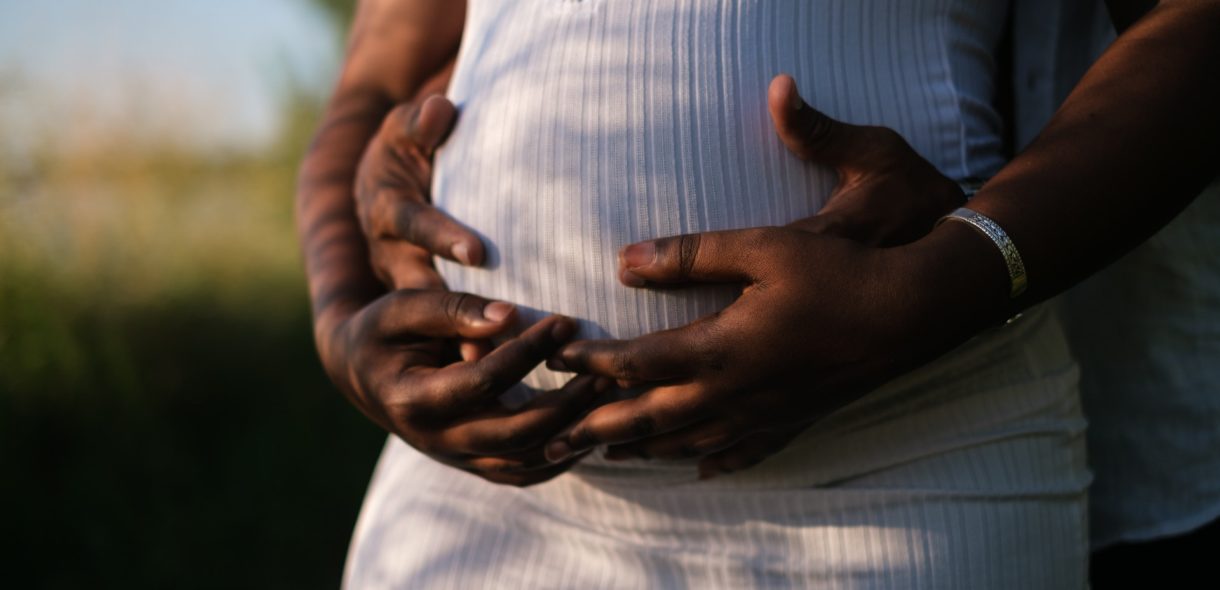
Maternal health is collectively a complex issue involving pregnancy, birth, and the postnatal period. As such, it can be affected by many inter-related factors. If proper maternal care is not provided, then cases of maternal deaths are likely to increase. Pregnancy itself can become complicated depending upon different factors such as woman’s health, comorbidities, and anxiety. As the body goes through a lot of changes, including hormonal and physical, some cases of pregnancy become complicated and may worsen, leading to mortality.
According to the Center for Disease Control and Prevention (CDC), maternal mortality or pregnancy-related death is defined as:
“The death of a woman during pregnancy or within one year of the end of pregnancy from a pregnancy complication, a chain of events initiated by pregnancy, or the aggravation of an unrelated condition by the physiologic effects of pregnancy.”
Maternal mortality is one of the saddest and concerning outcome that any country will try to fight to keep low. We’ve noted that, over time, due to improved healthcare facilities, maternal mortality rates have been steadily declining. However, looking closer into the current rates, black women still fare the worst, facing the highest number of pregnancy-related deaths.
The high maternal mortality rates for black women in the United States are of great concern. Although the country is spending a lot of money on maternity care programs, it still falls in the list of worst countries as far as complicated pregnancy-related deaths are concerned. Approximately 700 to 900 women die each year in the United States due to pregnancy and/or childbirth related issues. Although, these numbers themselves are alarming, it is most unfortunate to know that black mothers are at greater risk of dying due to pregnancy complications.
Statistically, black women are three to four times more likely to experience a pregnancy-related death as compared to white women. There is definitely a clear racial disparity in these numbers. Reports about black women facing disparately high maternal mortality have been surfacing. Recently, Serena Williams and Beyonce have touched on the issue as they shared their stories. Serena Williams is a top American tennis player while Beyonce is a songwriter, singer, and actress. They both are at the respective pinnacles of their professions. However, the issue of racial disparity in maternal healthcare also hit them when they experienced serious pregnancy-related complications. This story is just an example, there are millions of other black women who are facing this discrimination, and their stories are still untold. https://www.heart.org/en/news/2019/02/20/why-are-black-women-at-such-high-risk-of-dying-from-pregnancy-complications
Historically, the black population has been denied equal opportunities and services. Generally, black women receive lower-quality healthcare, and this is evident from the high mortality rates in black mothers. According to experts, heart diseases, stroke, hemorrhage and preeclampsia (pregnancy-related hypertension) are leading causes of maternal deaths in the United States.
However, it is estimated that more than 60% of pregnancy-related deaths in the United States are preventable. Due to racial disparities in the accessibility of maternal healthcare, there are more preventable maternal deaths in the black population as compared to others races. Medical errors, lack of care provided to the patients by clinicians, ineffective treatment methods, and improper planning before childbirth are major causes of these preventable deaths.
The causes of maternal morbidity and mortality are complex; however, factors such as poverty, social inequality, lack of access to health care and exposure to racism, are known to cause higher black women maternal deaths. Economic inequalities and poverty also play a vital role in maternal health. In comparison, poverty rates are two times higher in black women than white women. Moreover, this economic inequality is also evident in unemployment rates as it is two times higher for black women.
Racial discrimination is proving to have undesirable consequences in the United States. This discrimination can also be seen by counting the number of black physicians in the country. Only 4% of U.S physicians are black. Moreover, black patients are not treated in the same way in hospitals than white people. Studies have shown that treatment modalities, diagnostic procedures, and therapeutic interventions were different for white and black patients having the same symptoms. This inescapably contributes to higher rates of maternal deaths in black mothers.
Therefore, the issue of higher maternal mortality rates in black women is greatly concerning and deserves to be put in the limelight. In the light of above facts, authorities and policymakers should create such an environment where the life of every mother, whether black or white, and the life of every baby should matter. Health authorities should also play their part by taking radical measures in saving precious lives that are usually lost due to racial discriminations. Moreover, equal opportunities should be provided to each and every individual of the country in every field of life, including but not limited to health, employment, quality of life, access to opportunities, enjoyment of rights and freedom, regardless of race.
Save our lives to save the future of America!
References
- https://www.cdc.gov/reproductivehealth/maternalinfanthealth/pregnancy-relatedmortality.htm
- https://digitalcommons.unomaha.edu/cgi/viewcontent.cgi?article=1085&context=university_honors_program
- https://www.propublica.org/article/black-women-disproportionately-suffer-complications-of-pregnancy-and-childbirth-lets-talk-about-it
- https://pubmed.ncbi.nlm.nih.gov/28697109/
- https://digitalcommons.unomaha.edu/cgi/viewcontent.cgi?article=1085&context=university_honors_program
- https://www.reproductiverights.org/sites/crr.civicactions.net/files/documents/USPA_MH_TO_ResearchBrief_Final_5.16.pdf
https://www.nationalpartnership.org/our-work/health/reports/black-womens-maternal-health.html